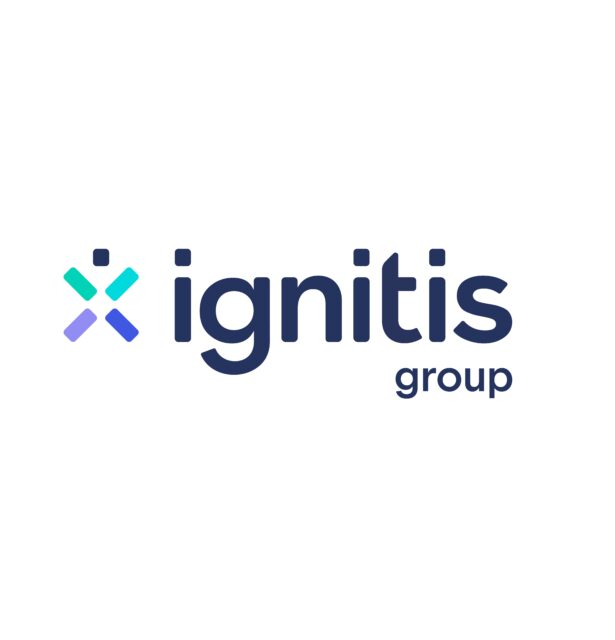
Inga Minelgaitė, PhD, professor at the University of Iceland, co-founder of Infinitus Labs. Inga is a visiting professor, board member or board chair at several universities in Lithuanian, Austria, and South Africa. She also works with triple crown universities (top 1% of business schools in the world). Inga’s main research area is cross cultural leadership. Inga is the co-author of the first book on organizational leadership in Iceland, Demystifying Leadership in Iceland: An Inquiry Into Cultural, Societal, and Entrepreneurial Uniqueness, which was nominated for the EURAM Book of the Year Award. Her research has been published in Project Management Journal, Production Planning & Control, and IEEE Transactions on Engineering Management, etc. Inga is the global manager of the FEELS project and a country collaborator of the GLOBE study (the largest organizational leadership study in the world), as well as a member of the editorial board of IPMA Publishing. Inga has more than fifteen years of experience in top management positions. She has consulted companies, global leaders in respective sector. Inga serves as Mentor at Heidelberg Laureate Forum Foundation (HLFF), HLFF Inspiring Minds program.
Title of presentation: Leading in projectified environment: how well are we failing?
Acceleration of use of projects in all fields of life has been coined projectification in 1960s and in observed in modern societies ever since with projects being placed at the centre and transforming organizations into project-centric. It became evident that manging projectification is a prerequisite for surviving and thriving of contemporary organizations with proliferation of projects and continues adjustment to the transformation of internal and external environment. Project-centrism enabled organizations to become more flexible, attuned with socio-cultural climate, and uncertainty-proof resulting in increasing complexity that employees and organization are faced with. Projectification is intensified by continues aspiration of individuals, organizations, and states for advancement in order to improve the quality of life. Furthermore, it is operationalized through specific measures, e.g., European Union projects, where „about half of the EU budget is allocated to funding projects in one way or another”, which in return contribute to increasing number of projects and overall complexity of environment.
Increasingly projectified organizational environment presents distinct strategy and structure related challenges for PBOs (project-based organizations) and POOs (Project-oriented organizations) with research calling for a better support in project dense work life for all. However, arguably the most challenging task in this context is leading intra- and inter-organizational project teams (e.g., research teams in academic research). Projects are vehicles for value generation, providing various organizational benefits, such as optimisation of resources used. However, project leaders are faced with a daunting task to balance between benefits and handicaps of projectification. On one hand, project and project management have been recognised as engine of innovation and change. It transcends post-bureaucratic structures, manifesting in variety of temporary organizational forms, and enabling higher effectiveness and efficiency. It can contribute to faster learning and employee engagement, as “projects have become intrinsic to our lives”.
On the other hand, projectification brings undesirable effects, also known as “the dark side of projectification”, with burnout attributed as the most observed in contemporary organizations and specific sectors (e.g., healthcare, education) and having most detrimental negative effects for individual and organization (e.g., emotional depletion, quitting).
Number of challenges in various levels of temporary organization encompass project leader attempting to acquire project benefits while avoiding adversity. High-level challenge relates to the fact that increasing number of activities managed as projects will lead to organization-wide structural changes and the need to adjust. Furthermore, projectification has impact on the need to reorganize spaces of workplaces, address social sustainability issues (e.g., gendered impact of projectification), and stakeholder engagement strategies. Project-level challenges are encapsulated in various domains, e.g., organizational learning. Namely, due to uniqueness of projects, extrapolation of project learning becomes problematic, hence, necessitating consideration of new ways of organizational knowledge building.
Projectification and “project ecology” raise imperative issues for contemporary employees, organizations, and societies. Furthermore, it calls for solutions in order to sustainably advance and brace for post–project society of the future.



